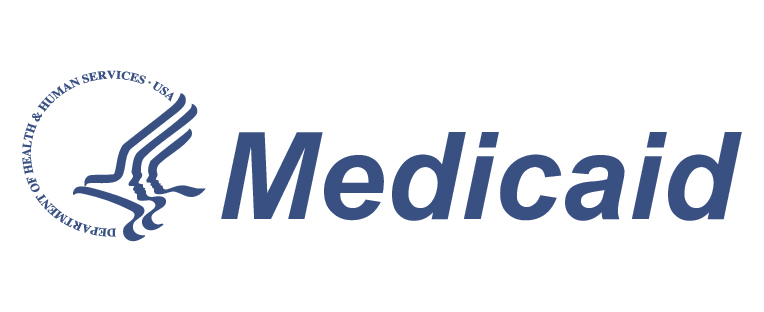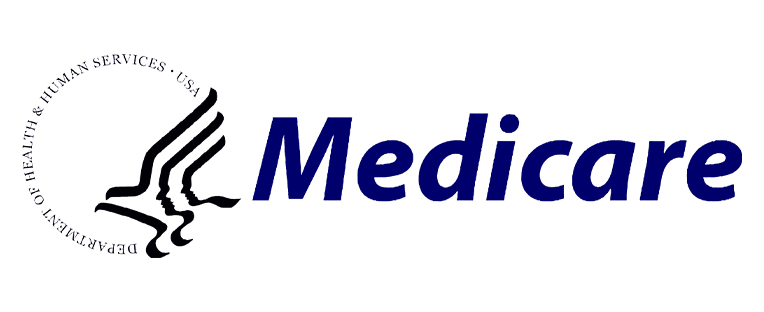The transition from hospital to home can be challenging for patients recovering from surgery, illness, or injury. Post-acute home care provides the necessary support to ensure a smooth and successful transition. This article explores the benefits of post-acute home care and how it facilitates recovery and rehabilitation.
What Is Post-Acute Home Care?
Post-acute home care involves providing medical and personal care services to patients who have been recently discharged from the hospital. These services are designed to support recovery, prevent readmissions, and promote overall health and well-being.
Benefits of Post-Acute Home Care
1. Seamless Transition
Post-acute home care provides a seamless transition from hospital to home, ensuring that patients receive continuous and coordinated care. This helps prevent complications and promotes faster recovery.
2. Personalized Care Plans
Care plans are tailored to meet the specific needs of each patient. These plans are developed in collaboration with healthcare providers to ensure comprehensive and effective care.
3. Enhanced Comfort and Familiarity
Receiving care at home provides a comfortable and familiar environment for patients. This can reduce stress and anxiety, promoting a positive recovery experience.
4. Preventing Readmissions
Post-acute home care services focus on preventing hospital readmissions by providing the necessary medical care and support. This includes medication management, wound care, and monitoring of vital signs.
5. Support for Families
Home care services provide valuable support for families, offering education and guidance on how to care for their loved ones. This includes training on medication administration, wound care, and mobility assistance.
Key Components of Post-Acute Home Care
1. Initial Assessment
The first step in post-acute home care is an initial assessment. The care team evaluates the patient’s health conditions, medical history, and care needs to develop a personalized care plan.
2. Customized Care Plans
Care plans are tailored to address the specific needs of each patient. These plans may include medical care, personal assistance, therapy services, and emotional support.
3. Medical Care
Post-acute home care services include a range of medical care options, such as skilled nursing, medication management, and chronic disease management. Licensed nurses provide essential medical services to ensure the health and well-being of patients.
4. Therapy Services
Patients may receive in-home therapy services, including physical, occupational, and speech therapy. These therapies help patients regain strength, mobility, and communication skills.
5. Monitoring and Follow-Up
The care team regularly monitors the patient’s health and adjusts the care plan as needed. This ensures that the care remains effective and responsive to the patient’s changing needs.
How to Choose the Right Post-Acute Home Care Services
Selecting the right post-acute home care services is crucial for ensuring a successful recovery. Here are some tips to help you make an informed decision:
1. Assess Care Needs
Determine the specific care needs of the patient. This assessment will help you find a home care service that can provide the necessary level of support.
2. Research Providers
Research various post-acute home care providers in your area. Look for providers with a strong reputation, positive reviews, and the necessary certifications.
3. Ask Questions
When evaluating potential providers, ask questions about their services, staff qualifications, and care plans. Ensure that they can meet the specific needs of the patient.
4. Check Credentials
Verify the credentials of the caregiving staff. Ensure that they are licensed and have experience in providing post-acute care.
5. Consider Costs
Compare the costs of different providers. While cost should not be the only factor, it is important to find a provider that offers high-quality care within your budget.
Conclusion
Post-acute home care services offer personalized and comprehensive support to ensure a seamless transition from hospital to home. By choosing specialized home care, you can ensure that your loved one receives the best possible care during their recovery.
For more information on the services we offer, visit our Specialized Care page.To learn more about our location and services, check out our Google Business Profile.






